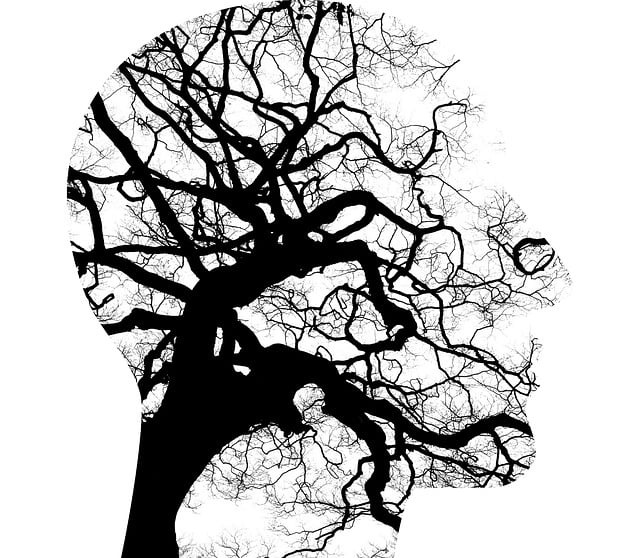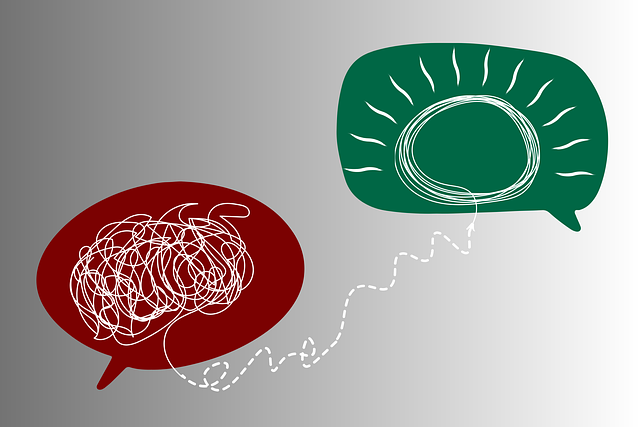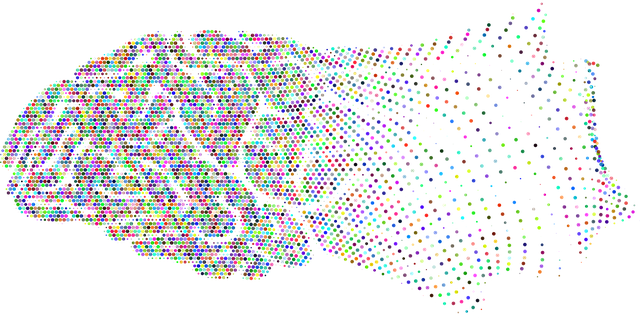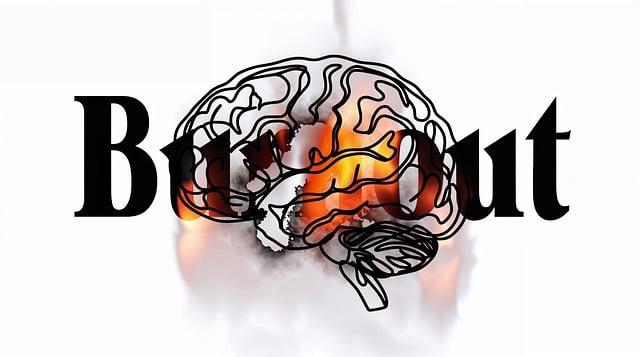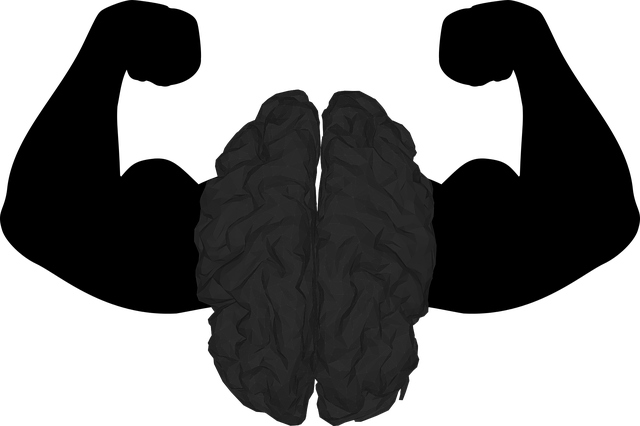Public awareness campaigns play a key role in simplifying complex international adoptions, especially for elders, by educating on cultural sensitivities and mental health challenges. These campaigns bridge societal gaps, dispel misconceptions, and promote inclusive care. Targeted therapy for elderly adoptive parents focuses on emotional well-being, stress management, and open dialogue to facilitate successful transitions and strong parent-child bonds. Culturally sensitive communication strategies tailored to digital platforms enhance global engagement, reaching diverse audiences with region-specific resources, ultimately improving international adoption experiences.
Public awareness campaigns play a pivotal role in facilitating smooth international adoptions, especially for elderly parents. This article delves into the critical need for such initiatives, highlighting the challenges and complexities faced by adoptive families globally. We explore key elements of therapy and support tailored to the unique needs of elderly adopters, offering strategies to enhance outreach and engagement worldwide. By focusing on therapeutic interventions, we aim to optimize adoption outcomes for all involved.
- Understanding the Need for Public Awareness Campaigns in International Adoptions
- Key Elements of Effective Therapy and Support for Elderly Adoptive Parents
- Strategies to Enhance Global Outreach and Engagement for Better Adoption Outcomes
Understanding the Need for Public Awareness Campaigns in International Adoptions

In the realm of international adoptions, public awareness campaigns play a pivotal role in shaping societal perceptions and fostering a supportive environment for both families involved and the elders being adopted. Understanding the nuances of cultural sensitivity in mental healthcare practice is essential when addressing the unique needs of elderly individuals transitioning into new homes across borders. These campaigns serve as a bridge, aiming to educate the public about the benefits and challenges of international adoptions, particularly focusing on therapy for elders.
By promoting emotional intelligence and incorporating mind over matter principles, awareness initiatives can dispel misconceptions and create a more inclusive atmosphere. They highlight the importance of cultural adaptability in mental healthcare, ensuring that adopted elders receive the understanding and care they need to thrive in their new environments. Such efforts are crucial in preventing potential barriers and fostering successful adoptions worldwide.
Key Elements of Effective Therapy and Support for Elderly Adoptive Parents

The well-being of elderly adoptive parents is a significant aspect often requiring tailored support and therapy, especially when involving international adoptions. As they navigate the unique challenges of raising children from different cultural backgrounds, promoting their emotional healing processes becomes crucial. Therapy for Elders International Adoptions should focus on creating safe spaces to discuss adjustment issues, cultural differences, and any potential burnout prevention strategies. This holistic approach enables parents to share experiences, fostering a sense of community and understanding.
Effective therapy involves incorporating self-care practices to sustain the mental and physical health of adoptive parents. By encouraging open communication, emotional expression, and providing resources for stress management, therapists can aid in preventing burnout. The goal is to empower elderly parents with coping mechanisms, ensuring they find balance while nurturing their adopted children’s well-being. This supportive environment facilitates the development of resilient bonds between parents and children, enriching their shared lives.
Strategies to Enhance Global Outreach and Engagement for Better Adoption Outcomes

To enhance global outreach and engagement for better adoption outcomes, particularly in international adoptions like Therapy for Elders, it’s crucial to tailor communication strategies that resonate with diverse cultural contexts. This involves using accessible language and culturally sensitive narratives that address specific challenges faced by older adults adopting from abroad. Incorporating digital platforms can significantly boost engagement; social media, websites, and mobile apps can provide resources on mood management, depression prevention, and stress reduction methods tailored to different regions and languages.
Interactive content, such as webinars, video testimonials, and virtual support groups, fosters a sense of community among potential adoptees and their families worldwide. By combining traditional outreach with digital tools, these strategies not only increase awareness about international adoption but also ensure that valuable information on mental health reaches those who need it most, ultimately improving the overall adoption experience.
Public awareness campaigns play a pivotal role in shaping successful international adoptions, especially for elderly parents. By understanding the unique needs of these adopters and implementing targeted strategies, we can enhance global outreach and engagement. Key elements include comprehensive therapy and support services tailored to elders’ specific challenges, ensuring they feel equipped and empowered throughout the adoption process. Through these efforts, we strive to create a supportive environment that leads to positive outcomes for both families involved in international adoptions.

